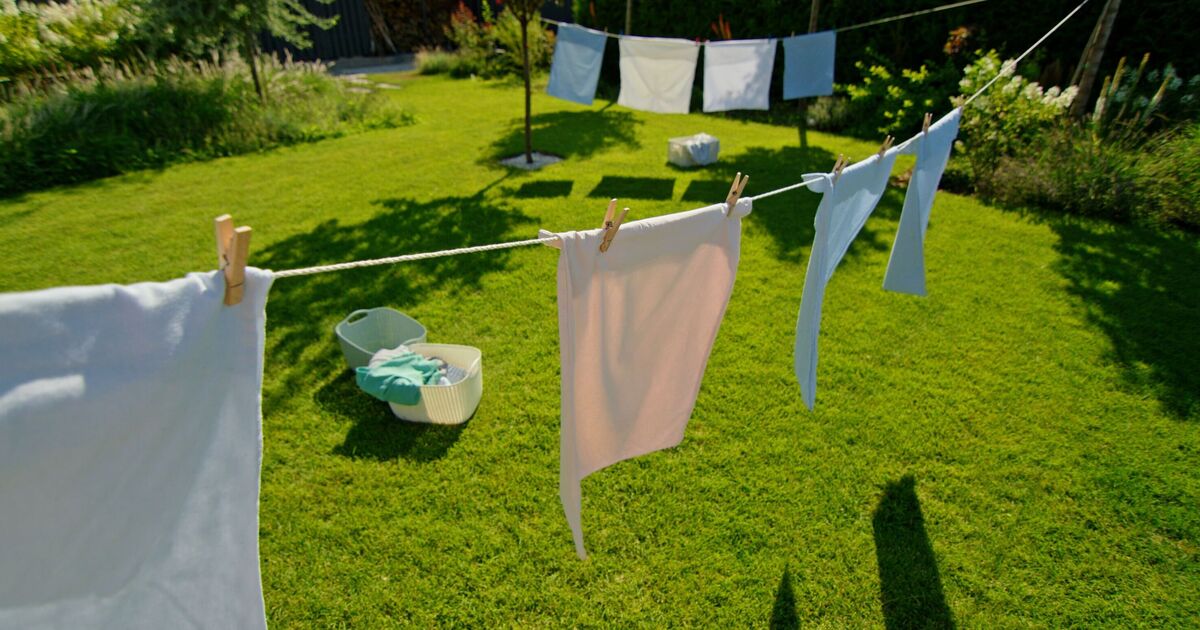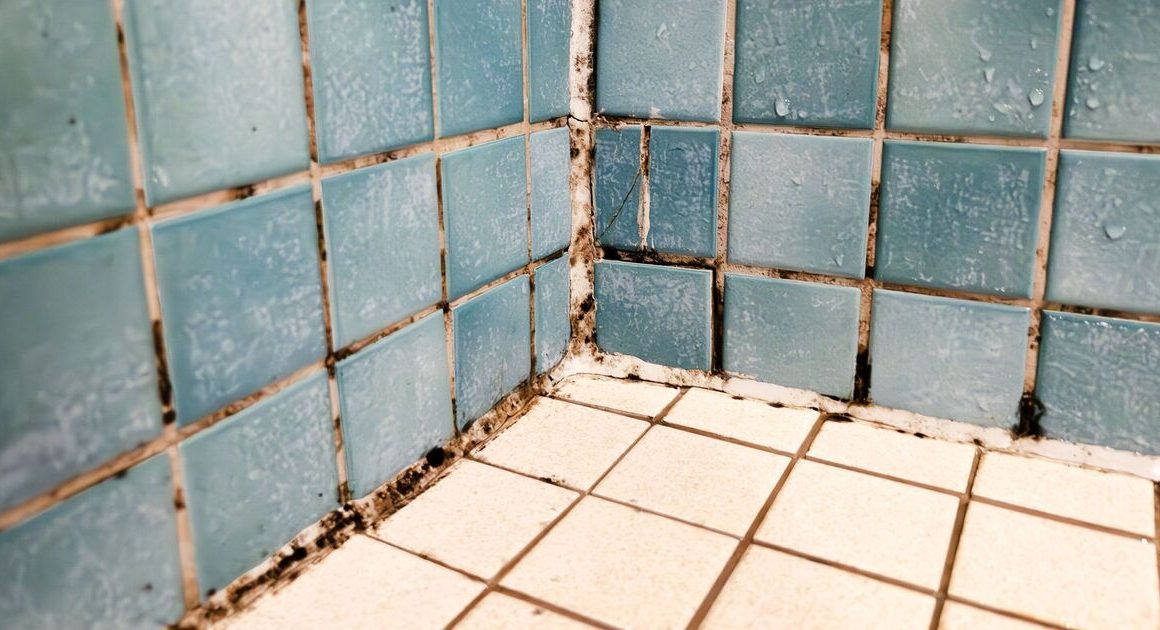When it comes to doing your laundry it can be difficult getting it dry during the winter months, especially if you live in a flat or maisonette.
However, experts have shared a cost-effective method to dry your laundry this winter and even better it doesn’t involve a tumble dryer.
This is according to electrical manufacturer Meaco who have found that dehumidifiers can be great in the autumn and winter as they combine low energy consumption with low noise.
Since the cost of living crisis dehumidifiers have sold in record numbers as households adapt to trying to save on energy bills.
For many households, dampness is a pressing issue as a result of turning down the heating and drying wet washing indoors due to high energy prices.
How to save on energy bills this winter?
Use dehumidifiers for laundry:
Instead of depending on energy-intensive tumble dryers, consider using a dehumidifier to dry your laundry.
This method can be highly cost-effective, with a dehumidifier running at around 38p per load, compared to over £1 for a tumble dryer.
Throughout the winter, this could result in significant savings, potentially adding up to hundreds of pounds for many households.
Invest in energy-efficient appliances:
Appliances like tumble dryers and ovens are notorious for consuming large amounts of energy. To save on bills, opt for alternatives like dehumidifiers that operate at a fraction of the energy cost.
Not all appliances are created equal, though—cheaper models may be less efficient. Given the persistent high energy costs over the past few years and their likelihood of staying high, it’s essential to invest in appliances that are both energy-efficient and durable.
Pay attention to energy efficiency ratings and warranty length to ensure long-term savings.
Optimise home heating:
Lowering the humidity in your home can make your heating system more efficient, as dry air requires less energy to heat than humid air.
A dehumidifier can help maintain lower humidity levels, reducing the risk of dampness while ensuring your home stays warm with less energy consumption.
This not only helps protect your home from moisture-related damage but also boosts the overall efficiency of your heating system.












